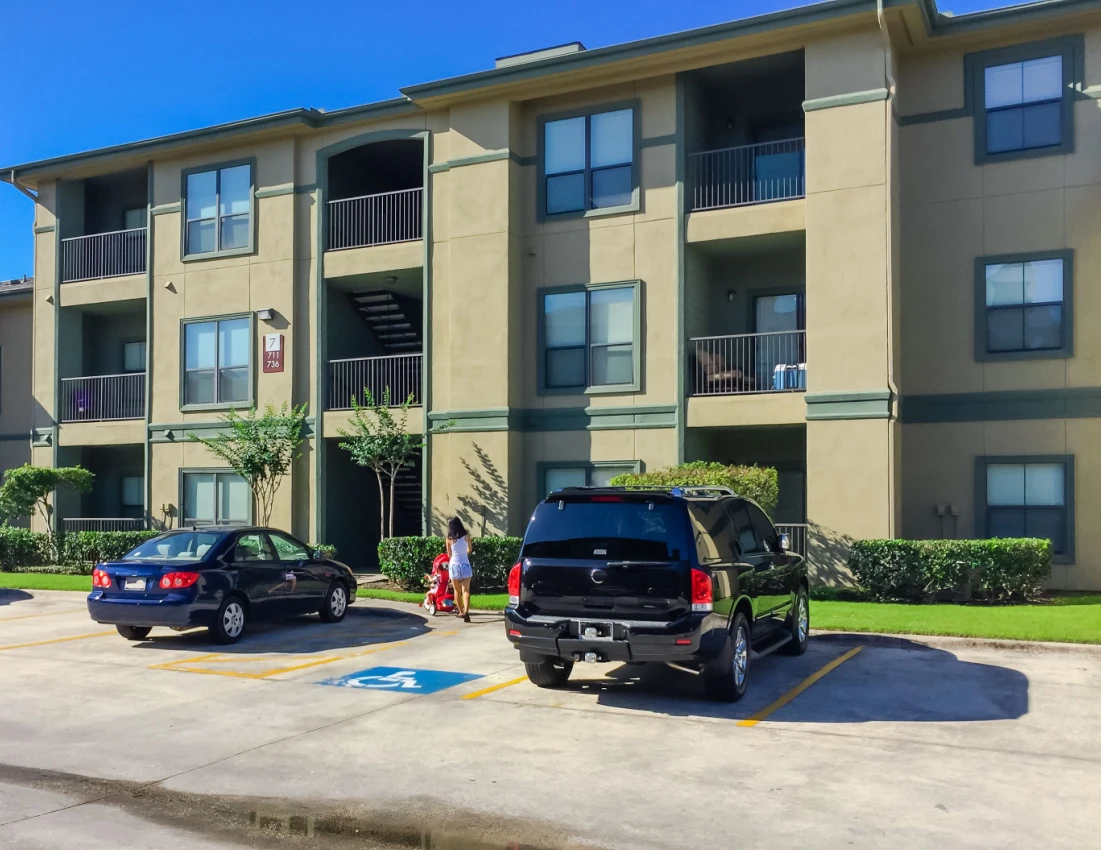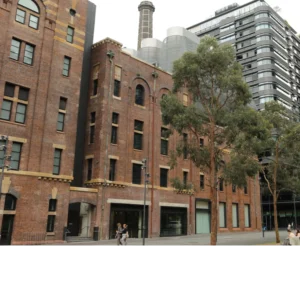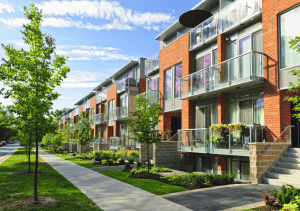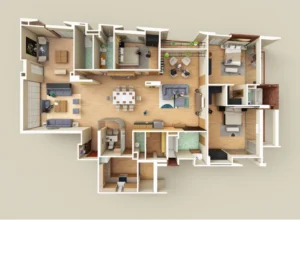Some Operators Are Shifting Gears

Rental Parking Can Be a Pain
Rental parking is an often overlooked amenity that can play a crucial role in shaping leasing and renewal decisions for renters.
Convenience and comfort are paramount to today’s renters, and the often-overlooked element of parking management can make or break resident satisfaction.
While flashy amenities like coworking lounges and smart home integrations capture the spotlight, the reality is that basic infrastructure, such as parking, plays a crucial role in shaping leasing and renewal decisions.
Insufficient spaces and unauthorized parking in multifamily communities can lead to rising tensions among residents and with onsite teams. This can ripple throughout the community, affecting individual satisfaction and the overall atmosphere. There are solutions to help avoid the pitfalls of mismanaged parking.
The Consequences of Common Parking Frustrations
When parking issues persist, they contribute to a negative resident experience, ultimately influencing lease-renewal decisions.
Around 20% of residents report being unsatisfied with their community’s parking overall, according to data from Grace Hill’s Kingsley Surveys, and parking ranks among the most frequently mentioned amenities in both positive and negative reviews, underscoring its significant influence on resident perception.
Surveys asking about community improvements show 6% of all resident comments are related to parking, according to Jen Tindle, vice president of strategic insights at Grace Hill.
That number jumps to 9% in pre-renewal surveys, and climbs again to 10% in move-out feedback, signaling its increasing weight in retention decisions. For comparison, only 5% of prospective residents mentioned parking when evaluating a property, suggesting frustrations grow after move-in, when expectations collide with daily experience.
As communities grow, the demand for parking spaces can quickly outstrip supply, leaving residents feeling neglected and frustrated.
Nobody wants to come home from a long day (probably dealing with heavy traffic) and spend additional time circling the lot looking for a space. If they have a designated space, the sight of a vehicle parked in their space can be infuriating. Now the resident is faced with making a trip to the office to ask the already busy onsite team to summon a tow truck, allowing them to reclaim their rightful space.
These frustrations highlight a significant operational risk for property-management teams. When residents feel unsupported in their parking needs, it creates pressure on management teams to respond effectively and promptly.
These frustrations can lead residents to seek a new home, ultimately damaging the community’s reputation. It also increases time constraints on teams, when they could be using the time to build a strong community rather than being focused on trying to keep it together.
To ensure that residents are focused on the enjoyment of their community, it is essential to integrate solutions that empower them and alleviate the burdens on their onsite professionals.
Sensible Rental Parking Solutions: Automated Parking Management
By leveraging automated rental parking solutions, communities can transform their parking strategies and alleviate resident frustrations in several ways.
An automated solution allows residents to reserve spaces for themselves or a guest for up to a full week in many cases. Residents may also have the opportunity to rent a carport space or garage on a long-term basis through their parking app, further alleviating their challenges.
Unauthorized parking is easily addressed by empowering residents to contact a tow truck in less time than making a trip to the office and have their space available to them again. Any worries about dumping off responsibility to residents can be cast aside because the reality is that they prefer to have this control, especially if it adds value.
Automated parking solutions not only enhance the resident experience but also streamline operations for management teams. Leasing professionals are focused on building relationships instead of putting out fires, significantly boosting resident satisfaction and retention. Improving net operating income goes beyond reducing expenses or increasing rent. It’s also about increasing efficiency and reducing avoidable expenses, such as turnover costs.
Gates, sensors and plate readers tend to be more costly and require a significant upfront investment.
On the flip side, the initial cost to set up automated parking is relatively low, making it an optimal choice. Some companies offer free integration of automated parking systems and the use of apps and signs with QR codes makes them more user-friendly, encouraging adoption among residents.
Additionally, most suppliers provide customized pricing, enabling communities to set rates that work best for their property and region. A revenue-sharing program means that owners and operators may not only avoid costs for their parking system, but it can also become an additional stream of revenue.
While it may seem mundane, addressing parking frustrations through innovative solutions can lead to happier residents and a more harmonious community. By investing in these highly essential yet often overlooked amenities, multifamily communities can set themselves apart and ensure long-term resident loyalty.
Source: Rental Housing Journal













 Accessibility
Accessibility